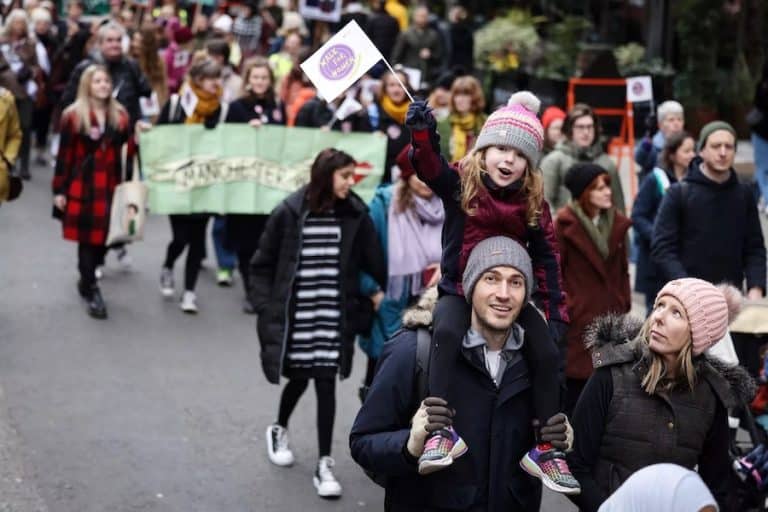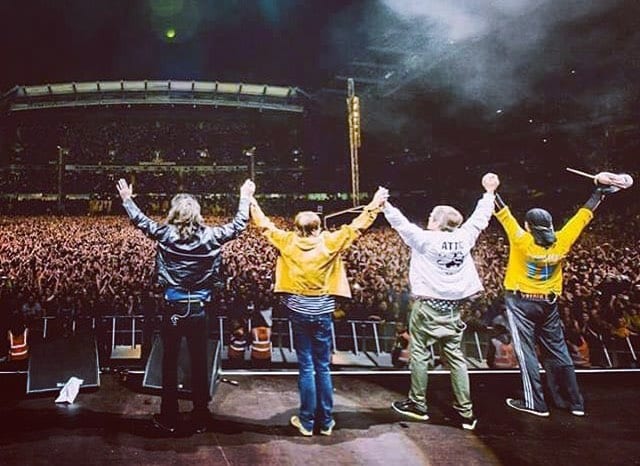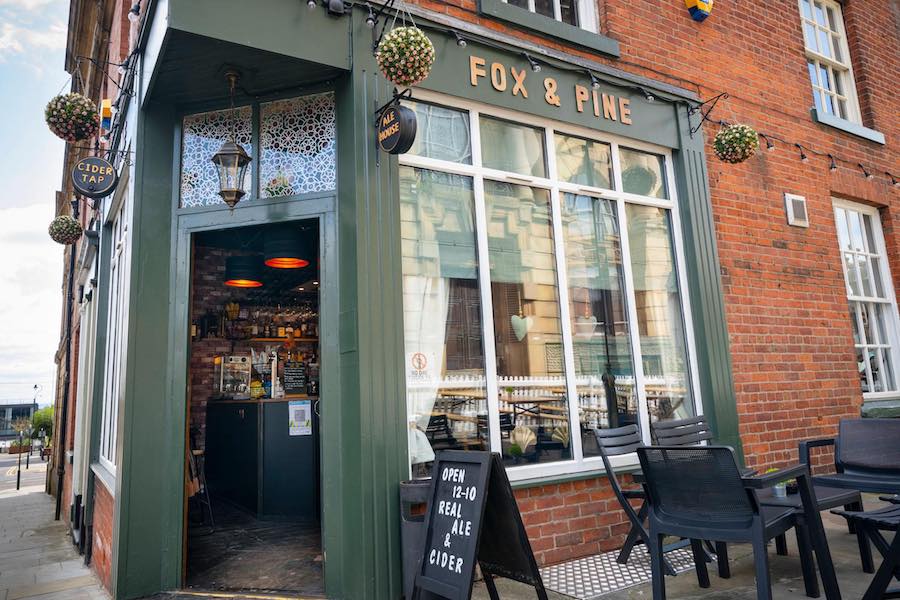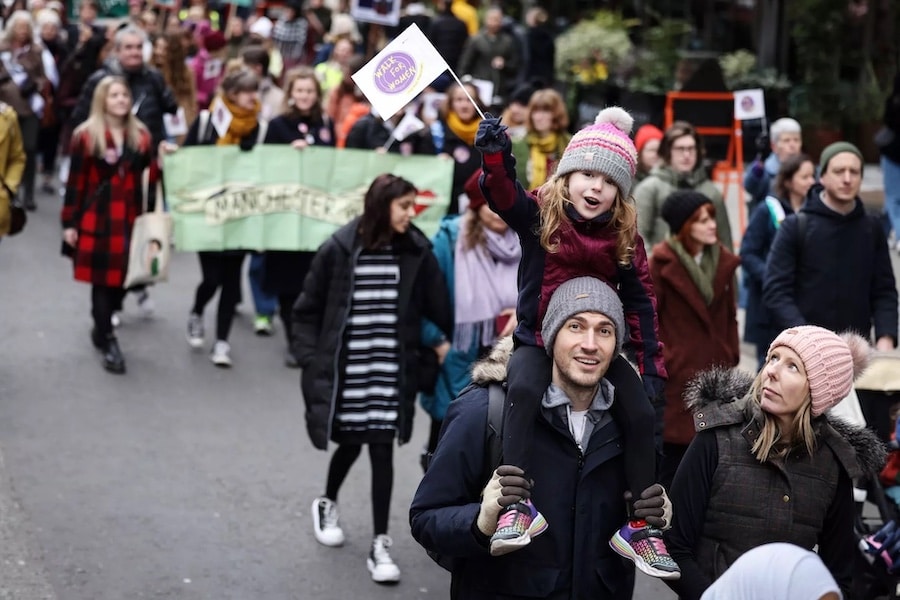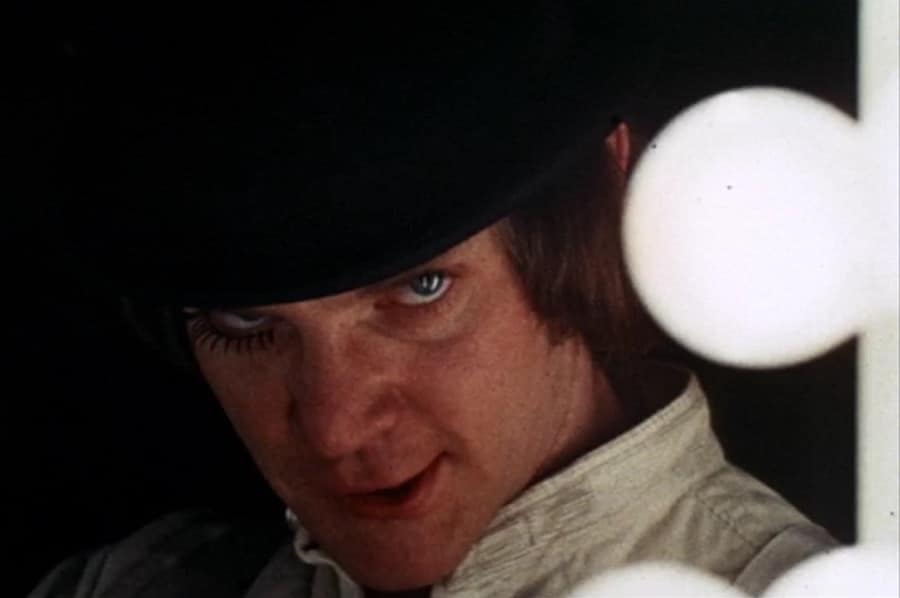Why you should visit Manchester Town Hall before it closes
- Written by Ray King
- Last updated 7 years ago
- City of Manchester, Community
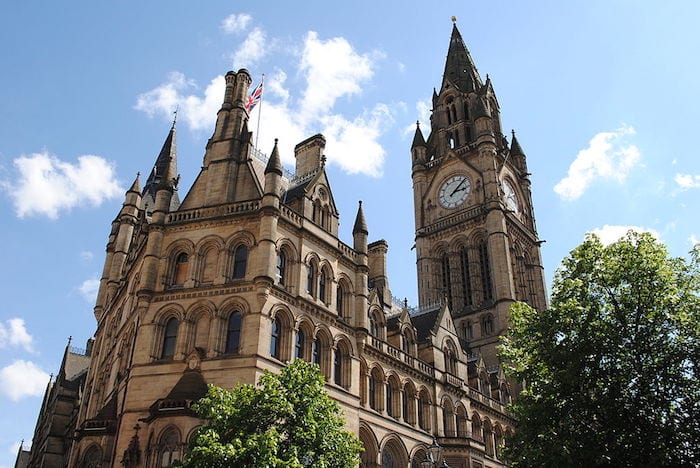
When industrial Manchester was on its knees at the back end of the 1970s – Mrs Thatcher finished the job in the 1980s – I switched from being an industrial correspondent to covering politics.
Many other journalists I knew at the time from both the national and regional press made the same move.
After all, when the trade unions were at the height of their powers and towering figures like Mancunian engineers’ leader Hughie Scanlon, scouse boss of the Transport and General Workers Jack Jones, and Wiganer miners’ president Joe Gormley dominated the national scene, industry and politics were two sides of the same coin.
The switch introduced me to Manchester Town Hall where I spent large parts of the next 20 years of my journalistic career.
They turned out to be a dramatic two decades and the town hall, set to close early in the new year for a £330 million makeover and essential repairs, provided a spectacular backdrop.
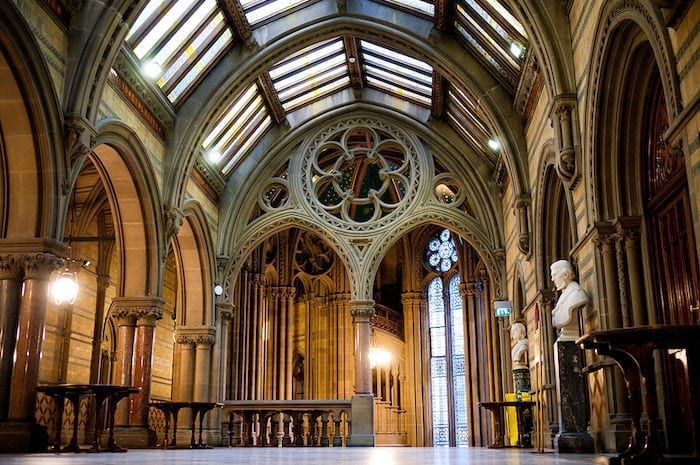
No wonder Alfred Waterhouse’s Victorian gothic masterpiece has proved, in recent years, to be such a magnet for film makers, from the political thriller House of Cards in 1990 to recent episodes of Ripper Street and many others in between.
I remember my first visits to town when all the city’s iconic buildings, including the town hall, its 1930s extension, Central Library and the Midland Hotel, were soot-blackened from decades of atmospheric pollution through the burning of coal.
The cleaning operation in the 1960s was revelatory, transforming the town hall from a grim black pile – as seen from the top deck of a bus in the opening credits of the film A Taste of Honey – to its handsome appearance today.
Before the sand-blasting operation, the building hadn’t been seen in its original state in living memory. Anyone who can’t believe that the building was once black should take a look at the atmospheric triangular cobbled inner courtyard which was never cleaned.
The town hall survived the attentions of the Luftwaffe during World War II when other historic Manchester buildings, including the Free Trade Hall, the vast Victoria Building on the corner of Deansgate and St Mary’s Gate and Waterhouse’s Assize Courts at Strangeways, did not.
It did so through the valiant efforts of town hall staff. The late Dame Kathleen Ollerenshaw, a former Lord Mayor and Freeman of the City, told me they would shovel German incendiaries off the roof on to the streets below before they could do serious damage.
When I became a regular at the town hall, the Lord Mayor still lived in the magnificently appointed apartments on the floor above the state rooms across the mosaic floor from the Great Hall.
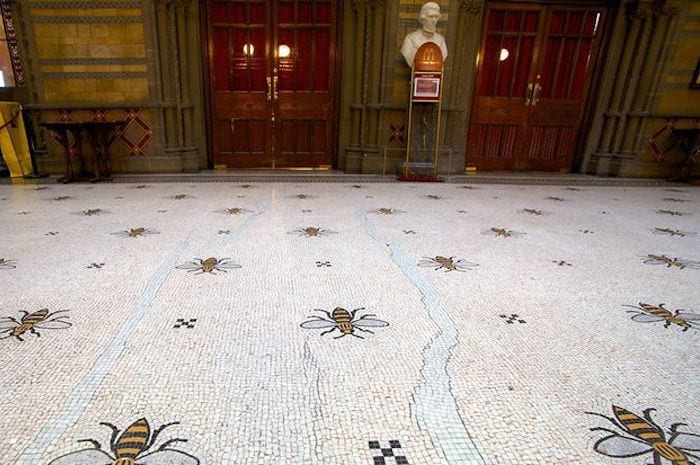
The last to do so was Harold Tucker, a Conservative who was voted in during a bitter civil war within the controlling Labour Party. Graham Stringer’s left-wing faction had gained the upper hand in 1984, but Tucker was able to take the chain of office when Labour opponents of Stringer voted with the Tories.
As the left increased its grip on power, it was able to implement a policy of stripping the office of Lord Mayor of all its trappings of pomp and ceremony.
The traditional tricorn hat and robes were mothballed and the living quarters closed. The period was a low ebb for the town hall. The state of the building was not on the ruling party’s priority list and the place became, frankly, scruffy.
It was only after Labour performed its financial crisis-induced political somersault of 1987 that they realised just what a prestigious asset the town hall actually was – particularly when the city embarked on its ambitious bids to host the Olympic and later, the Commonwealth Games.
Where could there be a more impressive place in which to roll out the red carpet for the International Olympic Committee – which at the time included King Constantine of Greece – than beneath the soaring 280ft clock tower housing the Great Abel bell?
A new pride in the building saw it opened up more readily to visitors through town hall tours – not least when the St Patrick’s Day parade passed through Albert Square and the Guinness flowed from the pop-up bars in the Reception Room, Banqueting Room and Lord Mayor’s Parlour.
For several years the hottest ticket in town was the Lord Mayor’s Christmas reception, when the majestic halls were well and truly decked and people on the diverse guest list were encouraged to wear national costume.
Six years is a long time for this palace of municipal magnificence to be out of reach. From Ford Madox Brown’s paintings in the Great Hall to the carved wooden tribute to the Manchester volunteers who fought in the International Brigades during the Spanish Civil War, the town hall is the nearest thing we have to a Museum of Manchester.
Visit now before it closes.
- This article was last updated 7 years ago.
- It was first published on 12 September 2017 and is subject to be updated from time to time. Please refresh or return to see the latest version.
Did we miss something? Let us know: [email protected]
Want to be the first to receive all the latest news stories, what’s on and events from the heart of Manchester? Sign up here.
Manchester is a successful city, but many people suffer. I Love Manchester helps raise awareness and funds to help improve the lives and prospects of people across Greater Manchester – and we can’t do it without your help. So please support us with what you can so we can continue to spread the love. Thank you in advance!
An email you’ll love. Subscribe to our newsletter to get the latest news stories delivered direct to your inbox.
Got a story worth sharing?
What’s the story? We are all ears when it comes to positive news and inspiring stories. You can send story ideas to [email protected]
While we can’t guarantee to publish everything, we will always consider any enquiry or idea that promotes:
- Independent new openings
- Human interest
- Not-for-profit organisations
- Community Interest Companies (CiCs) and projects
- Charities and charitable initiatives
- Affordability and offers saving people over 20%
For anything else, don’t hesitate to get in touch with us about advertorials (from £350+VAT) and advertising opportunities: [email protected]
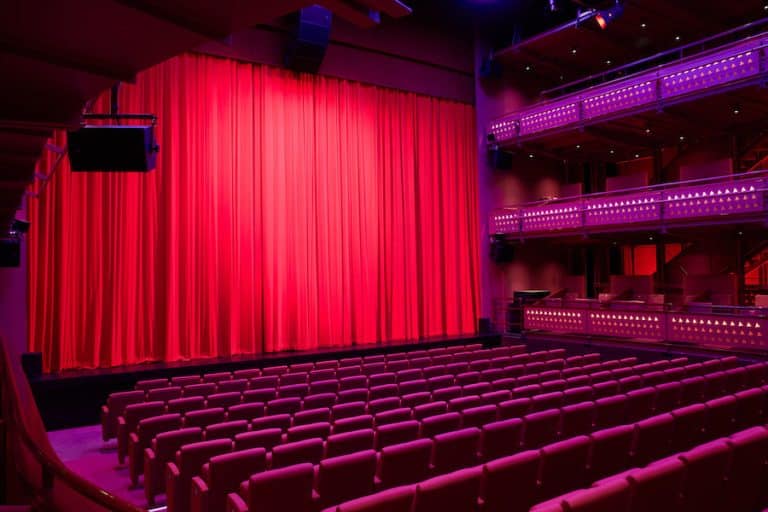
LOWRY’s Quays Theatre gets a plush new look thanks to award
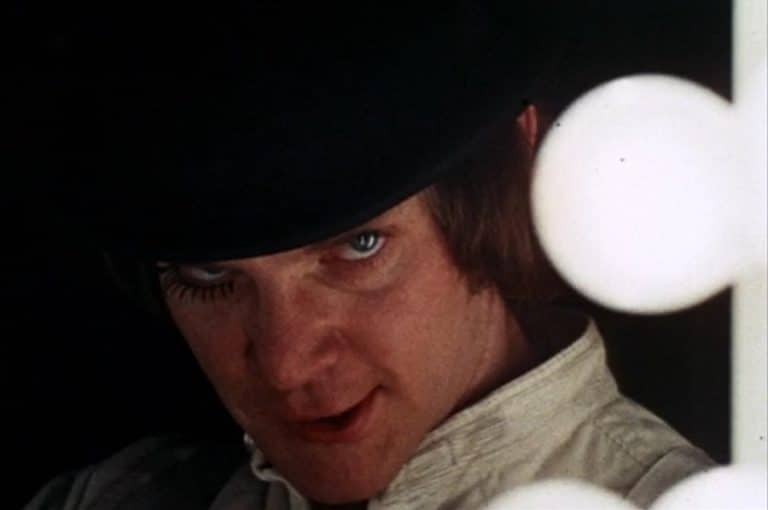
What is the legacy of Manchester’s most controversial (and maybe best) novel?

Big Issue, bigger heart: Manchester comes together for Colin
